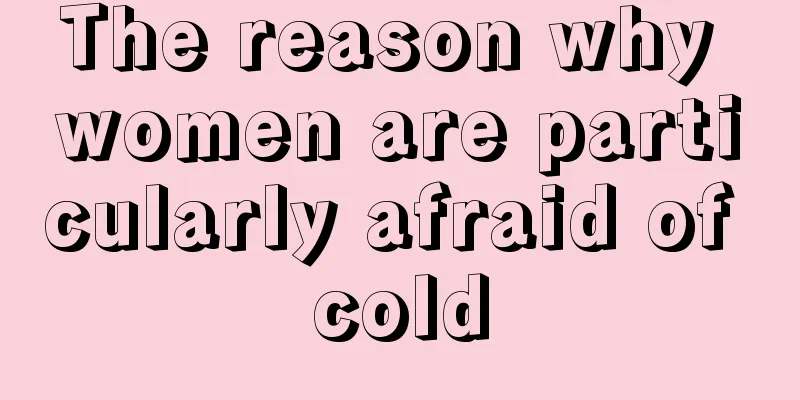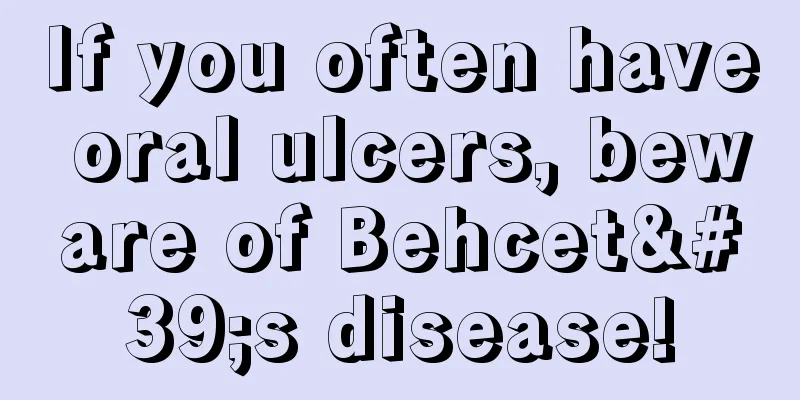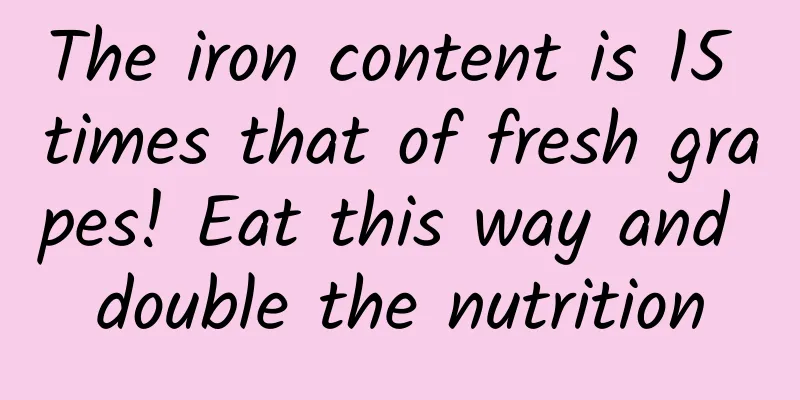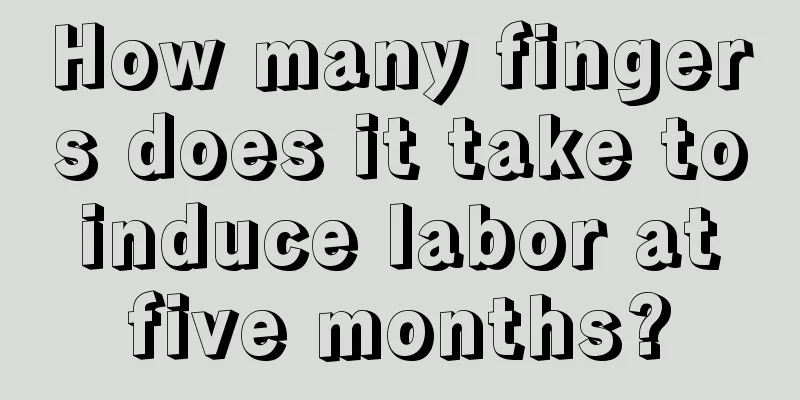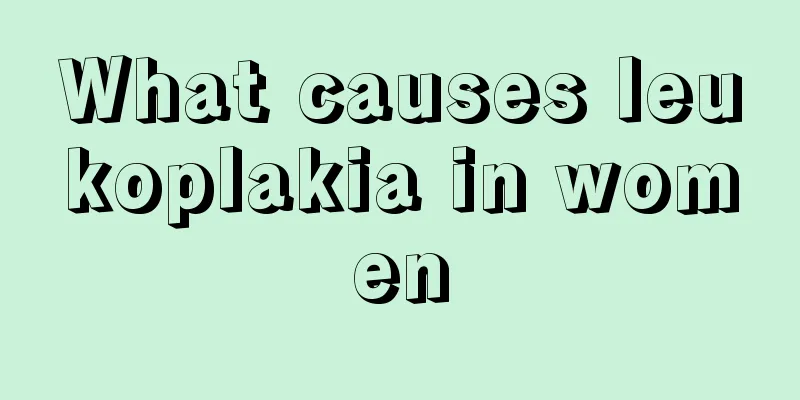How to maintain your health after hysterectomy
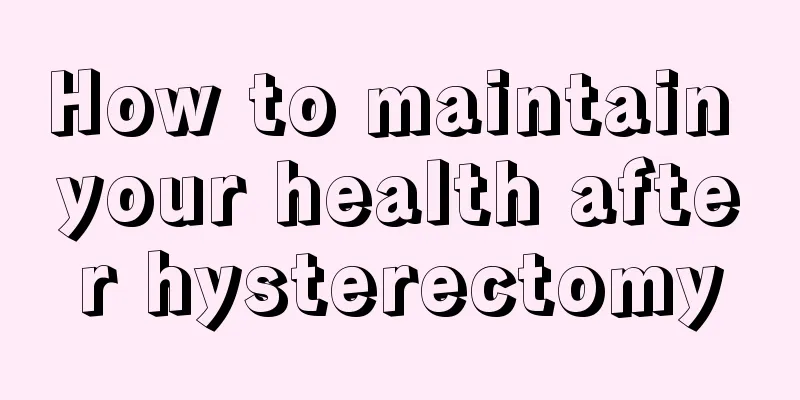
|
In life, many patients with uterine fibroids have undergone hysterectomy. Some patients have partial hysterectomy, and some patients have complete hysterectomy. Hysterectomy does not mean that the treatment process is over. Wound care and recovery are also very important steps. Among them, dietary adjustment is the most important. Let us learn how to adjust the diet for patients who have undergone hysterectomy. The most important thing in diet after hysterectomy is to avoid spicy food, alcohol, frozen food, etc. The diet should be light, and avoid eating irritating foods such as mutton, shrimp, crab, eel, salted fish, and black fish. Avoid spicy foods and drinks such as chili peppers, peppercorns, raw onions, raw garlic, and white wine. Avoid eating foods that are hot, coagulant, or contain hormones, such as longan, red dates, donkey-hide gelatin, and royal jelly. After surgery, patients should increase their protein intake. Foods such as fish, meat, beans, eggs, and milk are rich in protein, which can help wound healing and increase physical strength. In terms of meat, patients can choose more fish because fish is easier to digest and absorb, but remember to eat the meat and not just drink the soup. In addition, eat an appropriate amount of vegetables and fruits. Because vegetables and fruits are rich in vitamins and minerals, they can help patients heal their wounds and increase their body's resistance. At the same time, pay attention to drinking more water and avoid eating foods that easily cause bloating, such as onions, cabbage, sweet olives, soy products, etc. Drink plenty of water. Drink 2000-3000cc of water every day to prevent constipation. Do not eat foods that easily cause bloating: such as onions, cabbage, olives, soy products, etc. Eat at regular times and in regular amounts, and do not overeat. Adhere to a low-fat diet and eat more lean meat, eggs, green vegetables, fruits, etc. Eat more whole grains such as corn, beans, etc. Eat nutritious dried fruits often, such as peanuts, sesame seeds, melon seeds, etc. After reading this article, I believe everyone has a certain understanding of dietary conditioning after hysterectomy. I would like to remind everyone that you should never eat high-fat foods just to supplement your body with nutrition. These foods will cause too much fat to accumulate in the patient's body and delay wound healing. Therefore, it is better to feed patients low-fat and high-nutrition foods. |
<<: Maintenance methods for hysterectomy
>>: What to eat after hysterectomy
Recommend
Your kidneys are asking for help! These 5 tips can help you avoid chronic kidney disease
Kidneys, as important excretory and endocrine org...
My lower abdomen is still hurting and I haven't had my period
Female friends are more likely to have abdominal ...
Can women recover from vasectomy?
In order to prevent accidental pregnancy during s...
What are the anti-inflammatory drugs for trauma in pregnant women?
Pregnant women are generally not allowed to use a...
How to treat chocolate cysts
Chocolate cyst is a variant of endometriosis in w...
What is the reason for the exhaust pipe of a car to explode when going downhill? What is the reason for the exhaust pipe to explode when the car is driving?
The exhaust pipe of a car is used to discharge th...
Mites eat, drink, defecate and urinate in your eyes. Do you care?
If you don't dry your quilt for a day, mites ...
What is the cause of the lump above the breast?
There are many common diseases, and the choice of...
What does it mean when a girl has a bruise on her knee? Ladies must know
Summer is the season for showing legs. White and ...
Lee Dong Wook wants to do a talk show. Where can I watch it? What is the name of Lee Dong Wook's talk show?
The variety show that Lee Dong Wook wants to do a...
Can I drink coffee during my period?
We recommend that female friends do not drink cof...
After receiving the new coronavirus vaccine, will the antibodies in the body be regarded as produced by infection with the virus?
Have you received the COVID-19 vaccine? After mor...
How to lose belly fat for women
Women's pursuit of a perfect body has never s...
What novel is the Taiwanese drama I Want to See You based on? Is the ending of the Taiwanese drama I Want to See You happy or sad?
Before the winter and summer holidays every year,...

